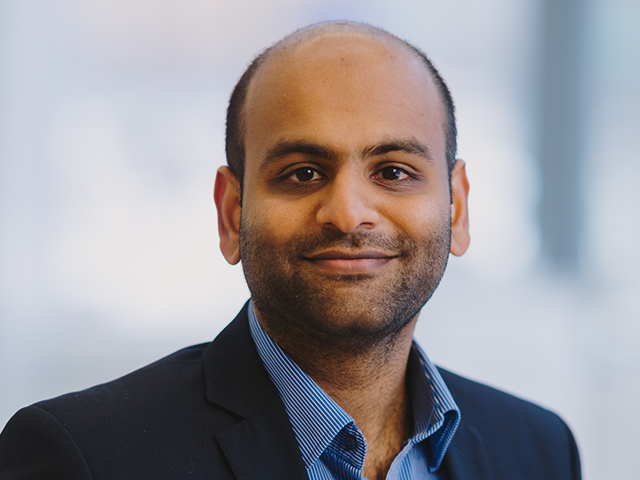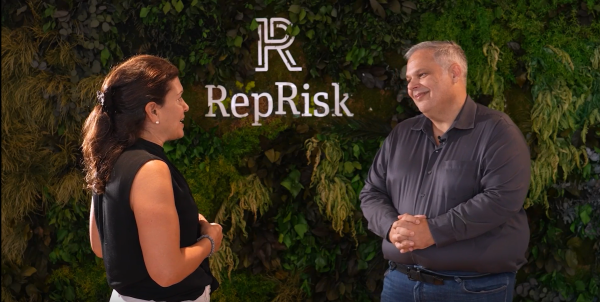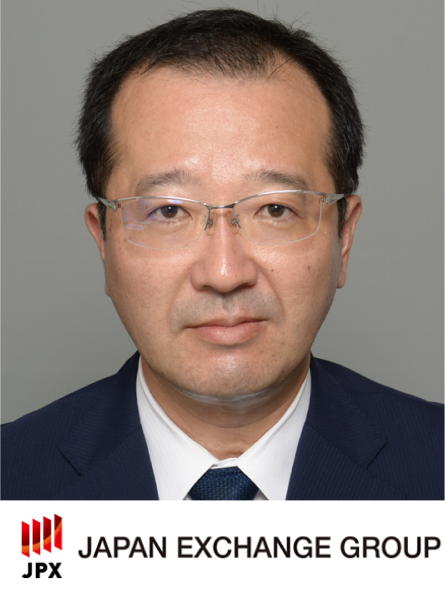# RepRisk interviews Venki Vaithianathan, Corporate Responsibility Director at Volvo Group
1. RepRisk: Please provide some insight into your specific role at the Volvo Group and the work that you and your team do.
Venki Vaithianathan: I wear two hats in my role as Corporate Responsibility Director at the Volvo Group. I am working a lot on strengthening our human rights governance in the company together with our truck divisions, business areas, and group functions. Human rights work is being carried out across our company in various organizations and therefore, it is key for us to be structured and well-governed in this area. Another aspect of my role is to work closely with our business areas on responsible sales. I support our organizations with awareness and training, risk assessments, and tools and methodologies related to responsible sales.
2. RR: What functions and business areas within the Volvo Group utilize RepRisk data, and what are the main use cases of RepRisk data in those divisions?
VV: We are mainly using RepRisk as part of our responsible sales assessments and ESG screening of certain sales deals. Responsible sales is about consciously considering ESG factors and risks in connection with sales deals – based on the country of end-use, end-user, and intended end-use of our products. In addition to that function, our trucks, buses, and construction equipment business areas use RepRisk data. In addition, we also use RepRisk for ESG screening of certain business partners from time to time.
3. RR: In what ways does the Volvo Group leverage RepRisk data to optimize its investor relations?
VV: Investors do ask us about our approach on responsible sales. We find that RepRisk ESG screenings are a way to demonstrate to investors that we take responsible sales seriously and that we have credible tools and methodologies in place.
4. RR: At the Volvo Group, you align your ESG work with a range of international frameworks. Why do you believe it is important to align your work with these frameworks, and how does the RepRisk data support that alignment?
VV: Like in many large global companies, a wide range of international ESG frameworks guide our sustainability work. They set the standard and offer guidance for our work on a diverse range of ESG topics – once again enabling us to demonstrate credible work internally to our management and colleagues, as well as externally to stakeholders such as customers, investors, partners, and society at large. RepRisk is helpful here as that data is aligned to many widely adopted ESG frameworks.
5. RR: What are the focus areas related to ESG for the Volvo Group, and in what ways does the company strive to encapsulate the full spectrum of E, S, and G?
VV: We have adopted a holistic approach to ESG. Our sustainability priorities and ambitions cover climate, resources, and people. We have set ambitious science-based climate targets aiming to reach net-zero value chain emissions by 2040 at the latest. We are taking a step change on circularity. As a human-centric company synonymous with safety, we are committed to respecting human rights and using our full potential.
Conclusion
Venki Vaithianathan, Corporate Responsibility Director at Volvo Group, leads his team in integrating ESG risks in various business processes. RepRisk data is primarily used in Volvo Group’s responsible sales assessments, where sales deals are screened for ESG risks. Volvo Group also leverages RepRisk data to screen business partners to prevent and mitigate ESG and reputational risks. Furthermore, their investor relations benefit by demonstrating credible tools and methodologies for ESG screenings based on RepRisk data. Volvo Group aligns its sustainability approach with international ESG frameworks and leverages RepRisk’s integration of such frameworks to effectively streamline their work.
Bio – Venki Vaithianathan
Venki Vaithianathan is Corporate Responsibility Director at the Volvo Group’s Corporate Responsibility function focusing on human rights and responsible sales. He coordinates the Volvo Group’s overall human rights approach across the value chain together with the company’s business areas and other functions. He also supports the organization in the implementation of its sustainability strategy, integration of ESG risks in various business processes, contribution to sustainability reporting, and assessment of broader sustainability risks and opportunities.



